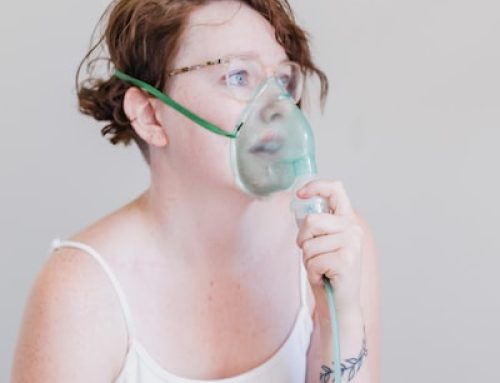Stress, What Is It Good For? If you thought “Absolutely nothing “, then A. you know that great song and B. your thinking about your various stressors, like mine and most everybody else’s, is turning out to be only partially correct at best, based on current research. Dr. Kelly McGonigal has a lot of information to share, both in her TED talk given in Edinburgh Scotland in June 2013 (available on YouTube), and more thoroughly, in her new book “The Upside of Stress: Why Stress Is Good For You and How to Get Good at It”. Dr. McGonigal teaches at the Stanford University Continuing Studies program and her new book is based on the course that she teaches there called the New Science of Stress. She discusses her and other psychologists’ recent research that shows that there’s more to our response to stressors than we used to think. People began thinking, and worrying, about stress after Hans Selye, a Hungarian endocrinologist stated in 1936 that stress was the response of the body to any demand made upon it. He initiated the idea that stress is toxic to us. In contrast to Selye’s definition of stress, Dr. McGonigal conceptualizes stress as what arises when something you care about is at stake. Yes, she does acknowledge that stress that can be harmful when it involves you feel inadequate to deal with it, when it isolates you from others and when it feels meaningless and against your will. Thankfully the day-to-day stressors we experience is likely to be less burdensome than this type of stress but even under the most negative conditions, we are not doomed to be passive victims. Dr. McGonigal discusses changing one’s mindset about dealing with stress and notes that unlike the short-term effect of a placebo, the consequences of making a mindset change increase in influencing us over time. She tells us how to make an effective mindset to change our beliefs about our ability to deal with our stress. One researcher looked at the studies on stress and discovered that 90 percent of the published research on stress had been conducted on males, both in animal studies and in humans. It turns out that stressors don’t only motivate self-defense, as scientists had long believed, but that in women stress often leads to an increase in the behaviors of tending toward others and befriending them, thus strengthening social ties. The same response has been found to occur in males as well. We’re a social species, so reaching out to others is a strong survival instinct just as fighting or fleeing is. The latter two occur as part of the threat response. In contrast, a tend-and-befriend response increases courage and motivates caregiving. Dr. McGonigal also discusses challenge-response, which increases our self-confidence, motivates action, and helps you learn from your experience. Another chapter of the book discusses how a meaningful life unavoidably involves stress.
The choices we make can redefine the meaning of the stressors we experience. Dr. McGonigal offers ideas for redefining our daily stressors not as hassles but as what we encounter as we lead lives that matter to us. There is much more to the book that can help the reader make the changes in their thinking on their own to change how they respond to the various stressors in their life. On the other hand, if you live in northern New Jersey and want help in making these changes in your thinking and behavior, please call us at Specialized Therapy Associates to initiate treatment to have your own ally for making the changes you want. Just call 201-488-6678 to schedule an intake.







Leave A Comment